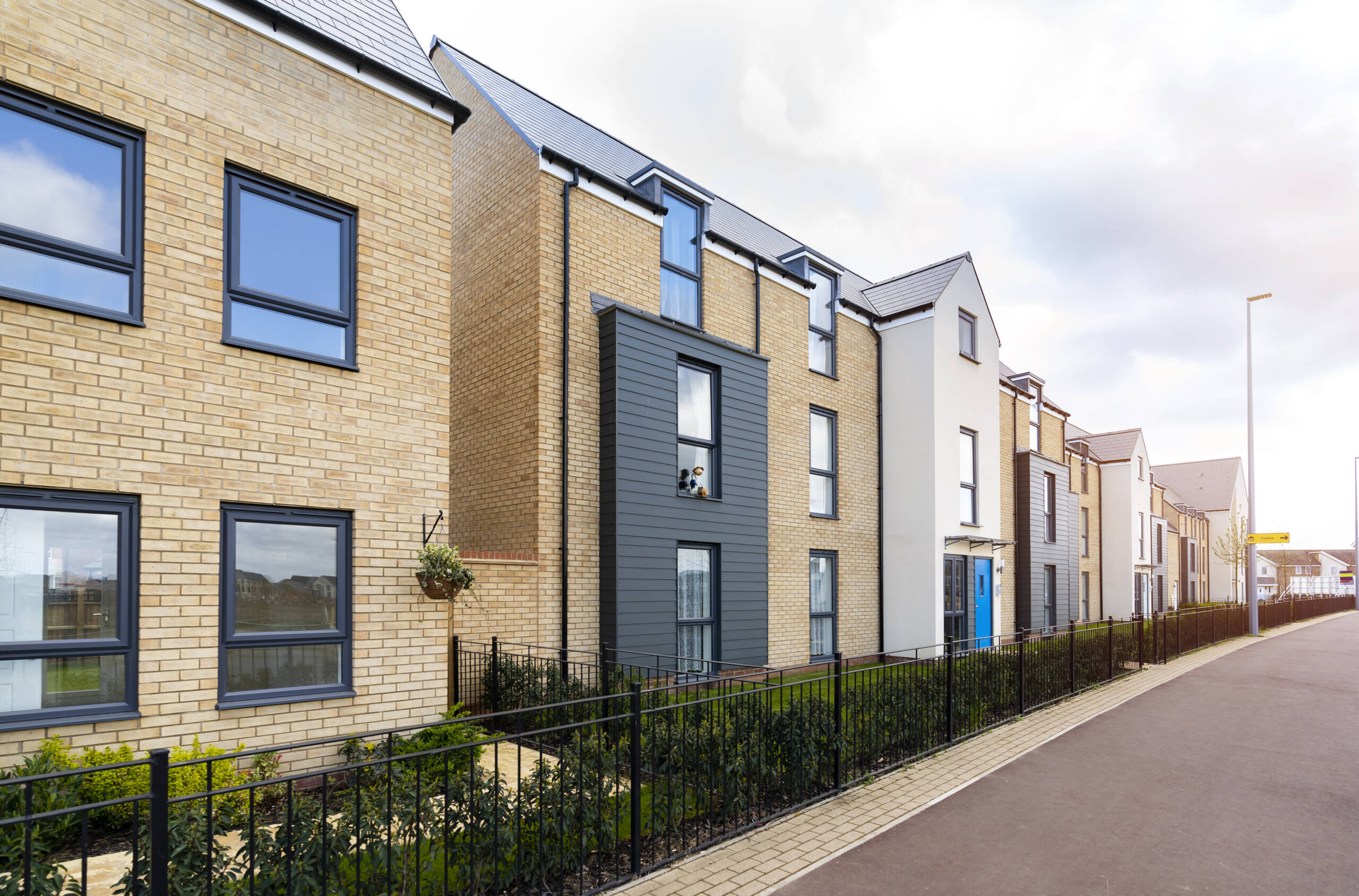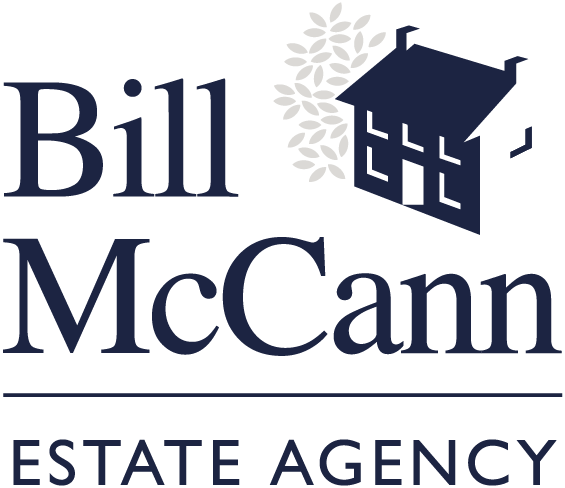Investors

A guide for Investors
Investors buy houses for two main reasons; to rent or to flip. We’ve worked with both types of investors over the years and here are our top tips.
Click to expand our top tips…
Buy to let
When buying to let a common practice is to calculate the percentage yield a property will generate you. This refers to how much of a percentage of the property you will earn back on your investment every year renting it and can be calculated by taking the yearly net rental income (your rent minus any management fees, rates or bill) and dividing it by the total money spent in getting the property and bringing it to market (purchase price, stamp duty, solicitors fees, estate agents fees and any costs for works potentially done to a property) and then multiplying the result by 100. The average accepted rental yield that most people look to get is generally at least 6%.
If getting a buy to let mortgage it would also generally be recommended to take on a property only ever if the amount of money being earned will pay for your mortgage payments.
Of course, it can also be important to consider the average appreciation of property value (on average from 2011 to 2021 property has gone up I value at a rate of 2.6% a year in Northern Ireland) as well as if you feel like you are buying into an area which may be generating lower rent now but could become more desirable and generate higher rent in future.
Given the current level of financial volatility in the markets and the impact on interest rates it is always prudent to allow a buffer each month for increasing interest payments.
Flippers
When buying a property with the sole intention of doing work to it to sell on and make a profit there are a number of important things to be taken into account. First of which, is how much you believe a house will be able to achieve on the open market if the work is to be done to it and how much that work will cost? This is key in calculating how much you can afford to pay for a property to turn a profit you are willing to put the work in for. These are not the only costs to be consider though. You also need to consider costs such as taxation (see section below), planning fees and borrowing costs.
Taxation
Over the last number of years there has been a variety of changes in the tax rules all of which are more detrimental to property owners and largely result in more tax being due. When tax is taken into consideration your property gains can be substantially reduced and can affect your cashflow.
Generally, property owners need to consider three taxes during their period of ownership of a property.
Stamp duty
Is due when you purchase a property and is a cost you should always factor in when assessing the affordability of the property. Stamp duty is paid at different rates depending on the value of the property being purchased as per table below. If you purchase a second property, there is a surcharge of 3% added to the stamp duty rate. Stamp duty must be paid within 14 days of the effective purchase date and a Stamp duty land tax return filed within 14 days. Penalties apply for late payment of the tax and submission of the return.
| PURCHASE PRICE | RATE ON MAIN RESIDENCE | RATE FOR ADDITIONAL PROPERTIES |
|---|---|---|
| Up to £250,000 (£425,000 for first-time buyers) | 0% | 3% |
| £250,001 – £925,000 | 5% | 8% |
| £925,001 – £1,500,000 | 10% | 13% |
| £1,500,001 + | 12% | 15% |
Income tax
Is payable on any rental profits you make from your properties. The rate of tax payable (20%, 40% or 45%) is dependent on your other income. There are restrictions in place that only allow tax relief on mortgage interest payments at the basic rate of tax.
Capital gains tax
Due when you sell your properties. You must a return within 60 days of the sale of residential properties and pay the tax due otherwise penalties will apply. Tax is payable at either 18% or 28% dependent or your level of other income.
It is important you keep records of all expenditure incurred on the property as this can be added to the purchase price when calculating any gain made. The above does not constitute tax advice and is only a brief summary of the main tax implications. Please always seek professional advice before purchasing or selling your property as you could end up playing more tax than necessary or potentially paying penalties for late filing of statutory required returns.



Valuation
"*" indicates required fields
Mailing List
"*" indicates required fields
